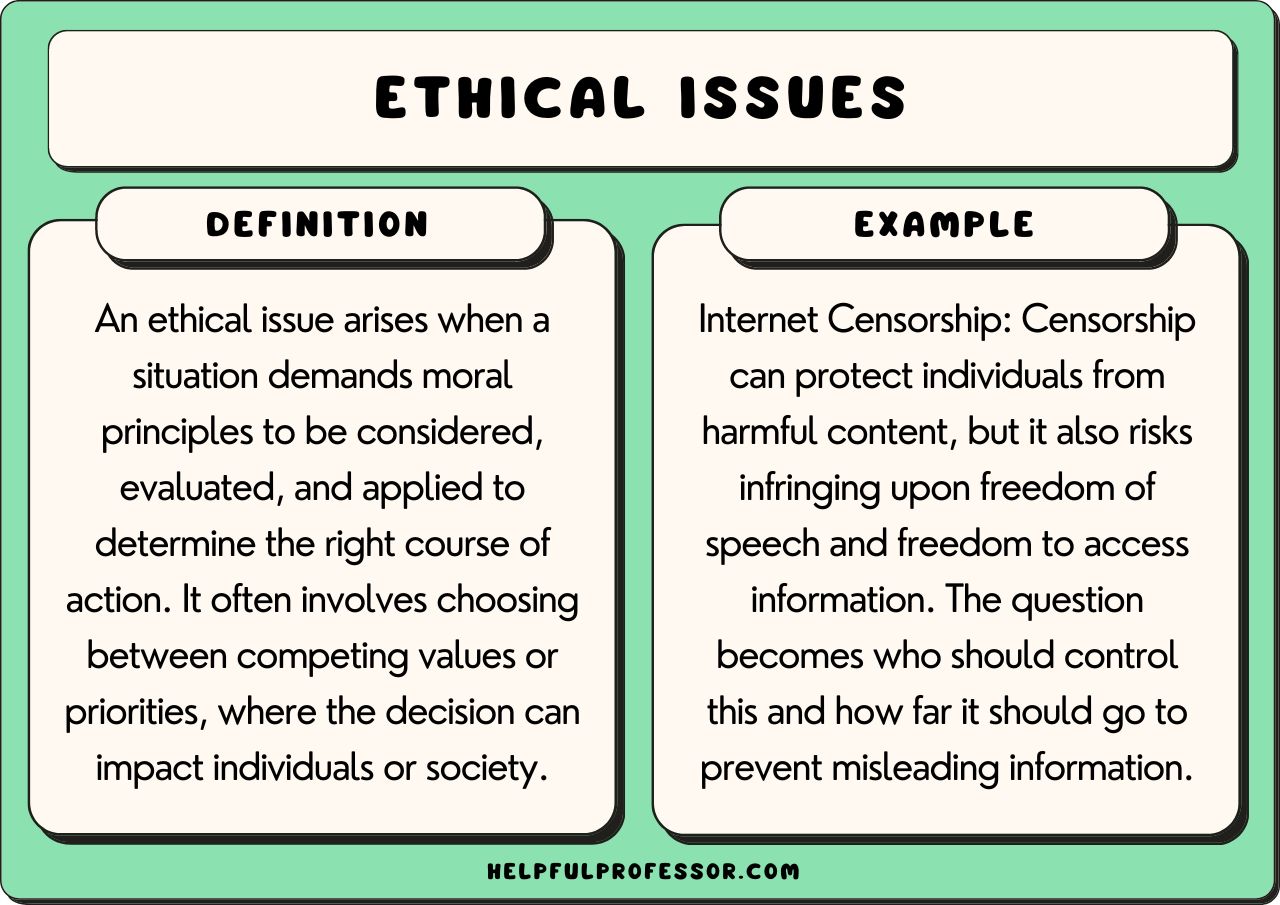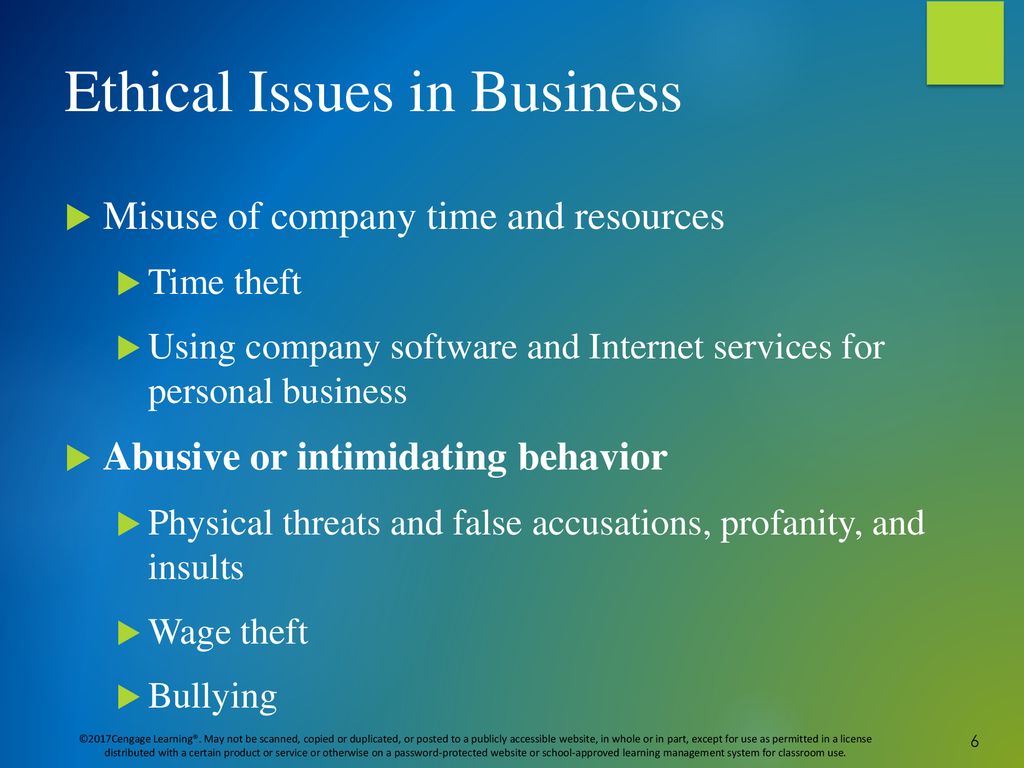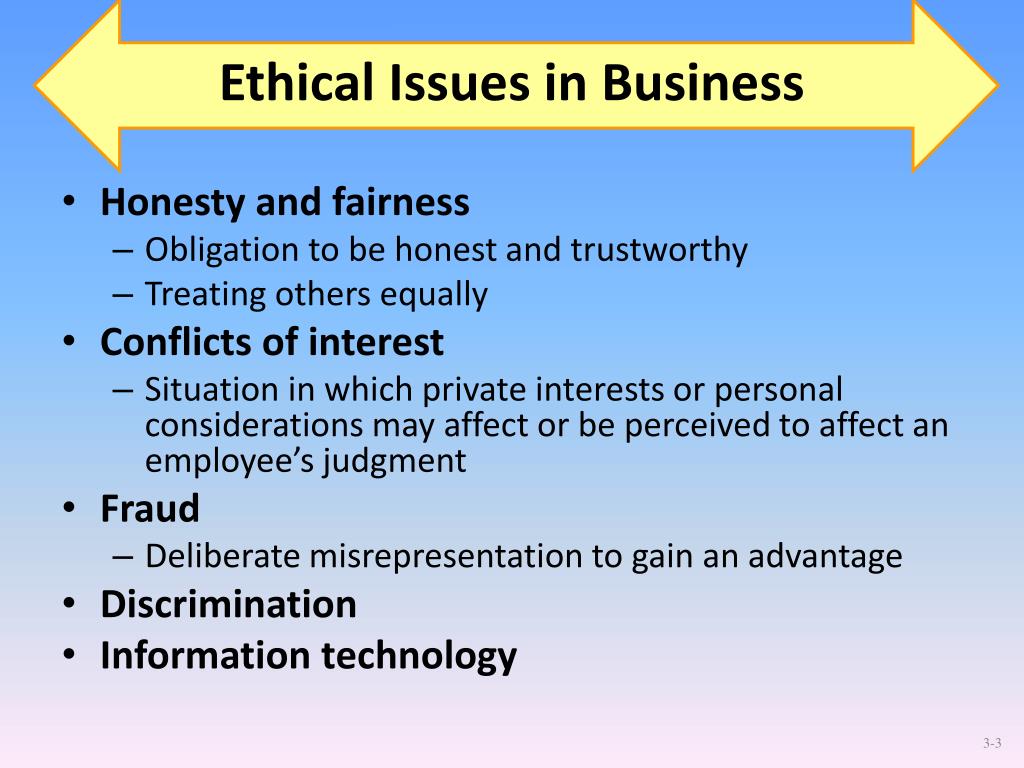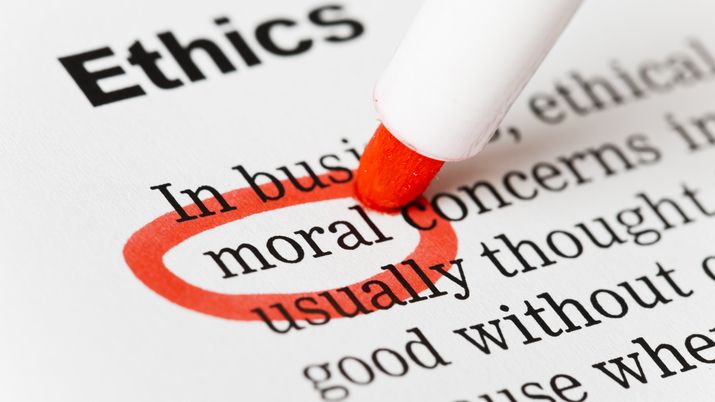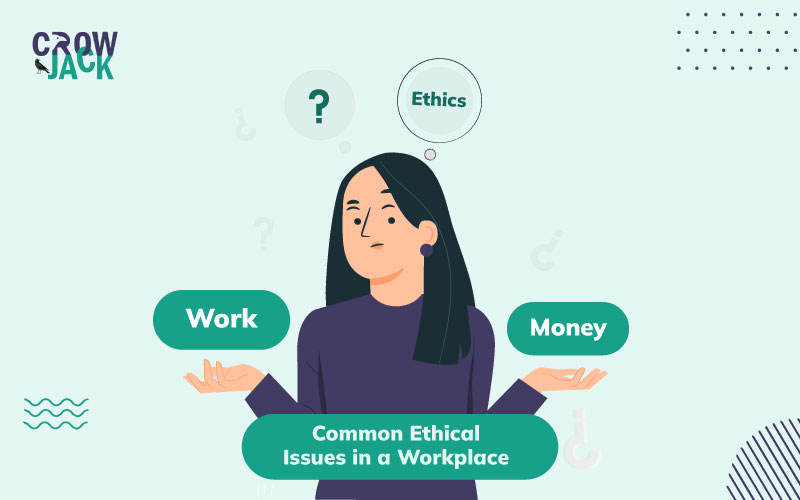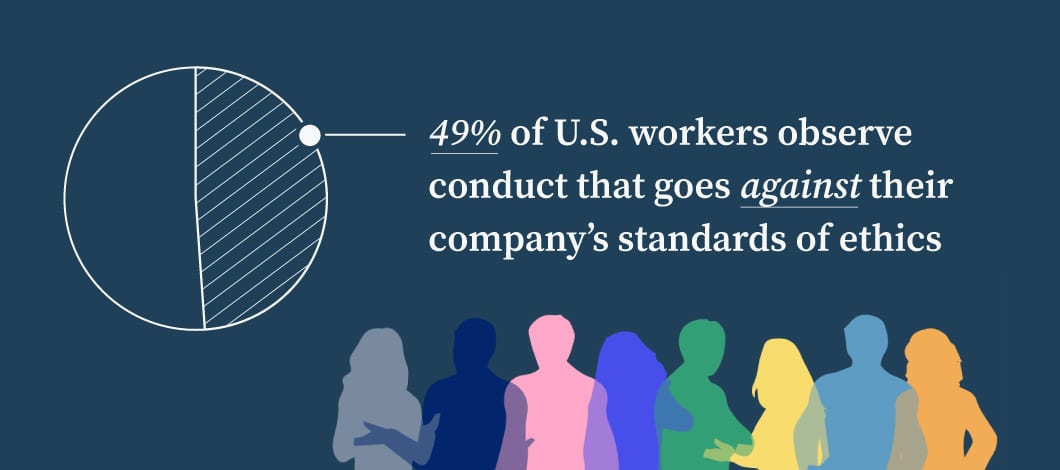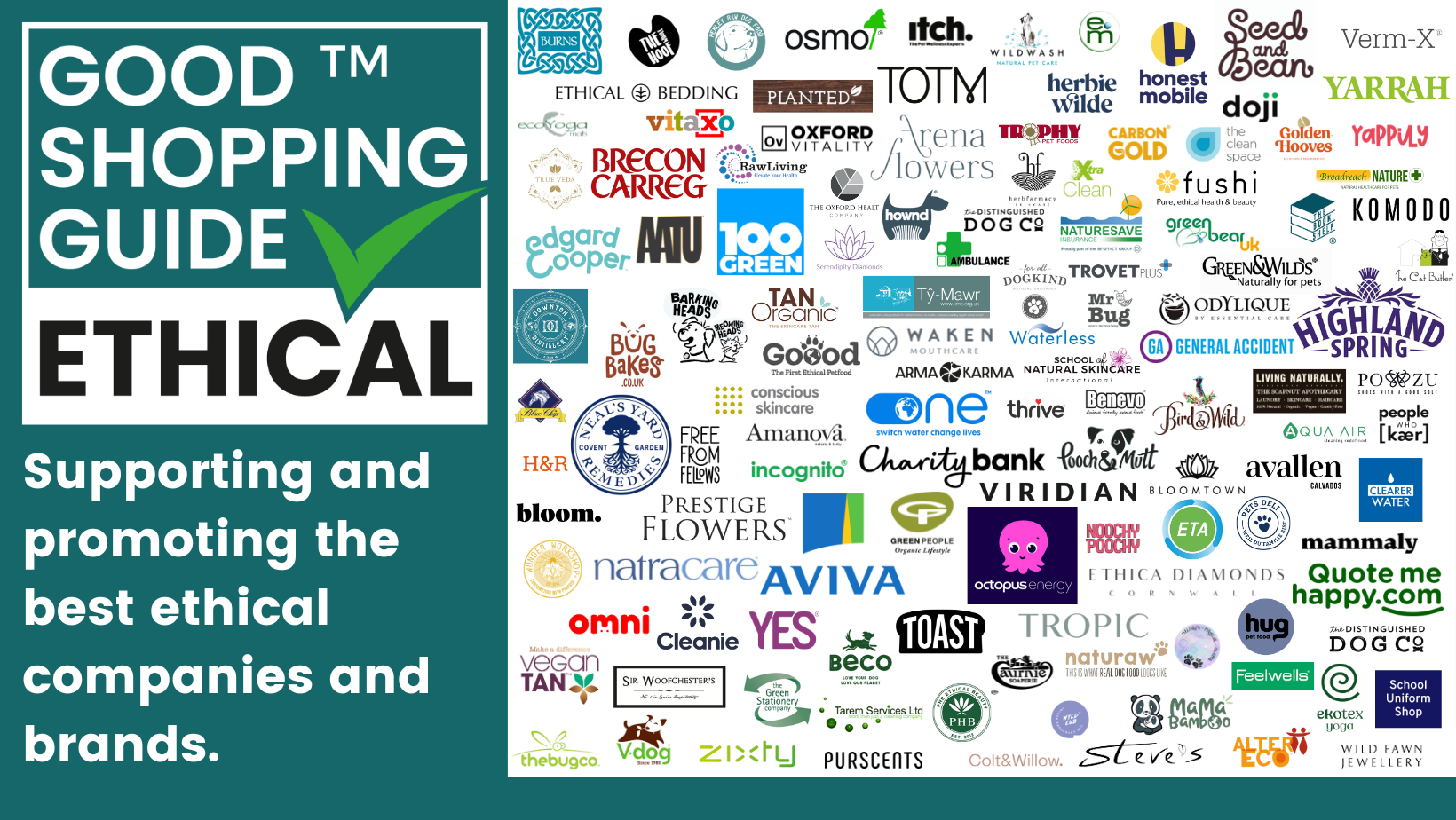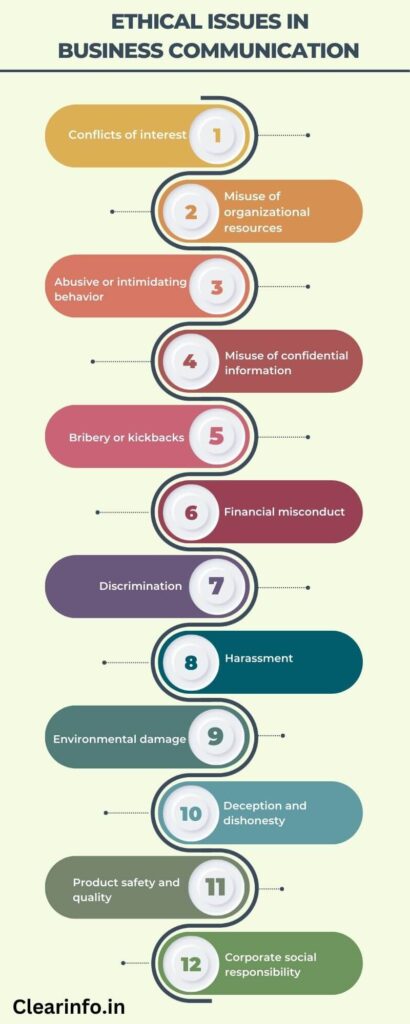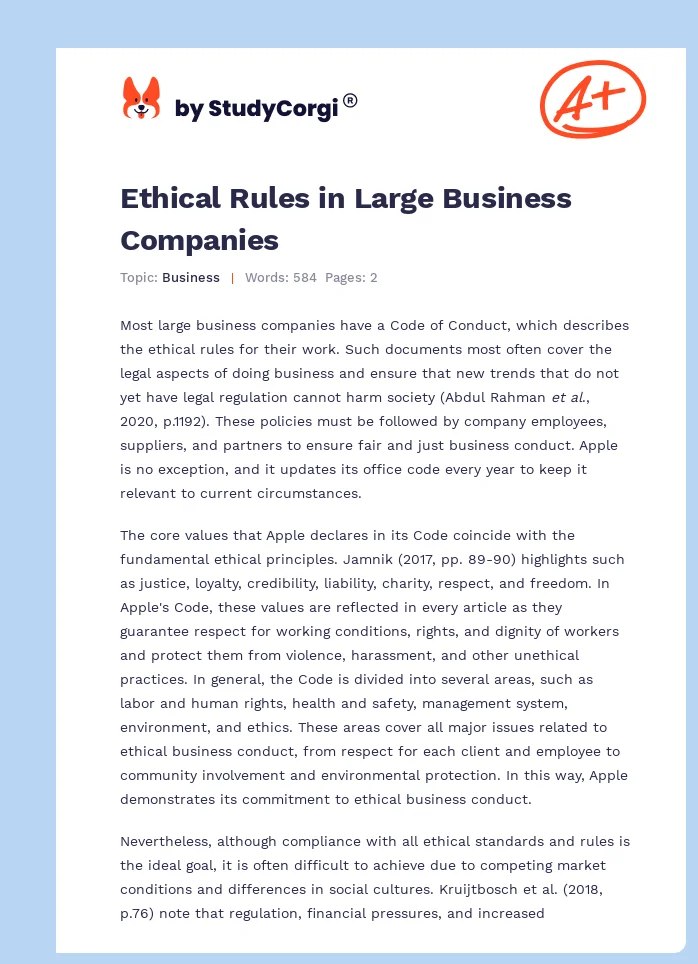Large Companies With Ethical Problems

In an era of increasing scrutiny on corporate behavior, several large companies across various industries are facing significant ethical challenges that are drawing attention from regulators, consumers, and investors alike.
These issues range from environmental concerns and labor practices to data privacy and misleading advertising, raising questions about corporate responsibility and the potential impact on society.
Ethical Lapses Across Industries
Volkswagen, for example, continues to grapple with the fallout from its 2015 emissions scandal, dubbed "Dieselgate." The scandal involved the company installing defeat devices in millions of diesel vehicles to cheat on emissions tests.
The consequences have been far-reaching, including billions of dollars in fines, legal settlements, and significant damage to the company's reputation. This also raises concerns about the environmental impact of the excess emissions.
In the tech sector, Meta (formerly Facebook) has faced persistent criticism over its handling of user data and the spread of misinformation on its platforms. Concerns have been raised about the company's algorithms, which some argue prioritize engagement over factual accuracy.
This has led to increased regulatory pressure and calls for greater transparency in how social media companies manage their content and protect user privacy. Furthermore, whistleblowers have come forward detailing the ethical compromises made within the company.
The fast-fashion industry is also under fire for its unsustainable practices and exploitative labor conditions. Companies like Shein, known for their ultra-fast production cycles, have been criticized for their environmental footprint and alleged use of forced labor.
Reports have surfaced detailing poor working conditions in factories producing these garments, including long hours, low wages, and unsafe environments. This has fueled a growing movement towards more sustainable and ethical fashion choices.
The Significance of Ethical Conduct
These examples highlight the importance of ethical conduct in corporate governance. Companies that prioritize profit over ethical considerations risk damaging their reputation, facing legal repercussions, and alienating consumers.
According to a 2023 report by the Ethics & Compliance Initiative (ECI), companies with strong ethical cultures are more likely to attract and retain talent, build trust with stakeholders, and achieve long-term success.
Conversely, companies with weak ethical standards often experience higher employee turnover, decreased productivity, and increased risk of legal and regulatory violations. This can erode stakeholder trust and harm the company's value.
Addressing Ethical Problems
Addressing these ethical problems requires a multi-faceted approach, including stronger regulatory oversight, increased corporate accountability, and greater consumer awareness. Governments are increasingly enacting stricter laws and regulations to hold companies accountable for their actions.
Additionally, consumers are becoming more discerning and are demanding greater transparency and ethical sourcing from the brands they support. Organizations like the Better Business Bureau are playing a role in grading ethical business practices.
Companies are also implementing internal measures, such as establishing ethics and compliance programs, conducting regular audits, and providing ethics training to employees. Whistleblower protection policies are also becoming more common.
The Human Element
The impact of unethical corporate behavior often extends beyond financial and legal ramifications. It can have a profound impact on individuals, families, and communities.
Consider the story of Maria, a garment worker in Bangladesh, who toils long hours in unsafe conditions for meager wages to support her family. Her story sheds light on the human cost of fast fashion and the need for companies to prioritize fair labor practices.
Similarly, the families of those who were exposed to toxic emissions due to Volkswagen's Dieselgate scandal continue to suffer from health problems, highlighting the far-reaching consequences of corporate negligence.
"We need a fundamental shift in corporate culture, one that prioritizes people and planet over short-term profits," Dr. Eleanor Vance, an ethics professor at Harvard University, stated in a recent interview.
Looking Ahead
As public awareness of ethical issues continues to grow, companies will face increasing pressure to act responsibly and ethically. Those that fail to do so risk facing significant consequences, including damage to their reputation, loss of consumer trust, and legal repercussions.
The future of corporate success will depend on a company's ability to not only generate profits but also to contribute positively to society and the environment. This requires a commitment to ethical leadership, transparency, and accountability at all levels of the organization.
Ultimately, ethical behavior is not just a matter of compliance but a fundamental component of building a sustainable and responsible business.
